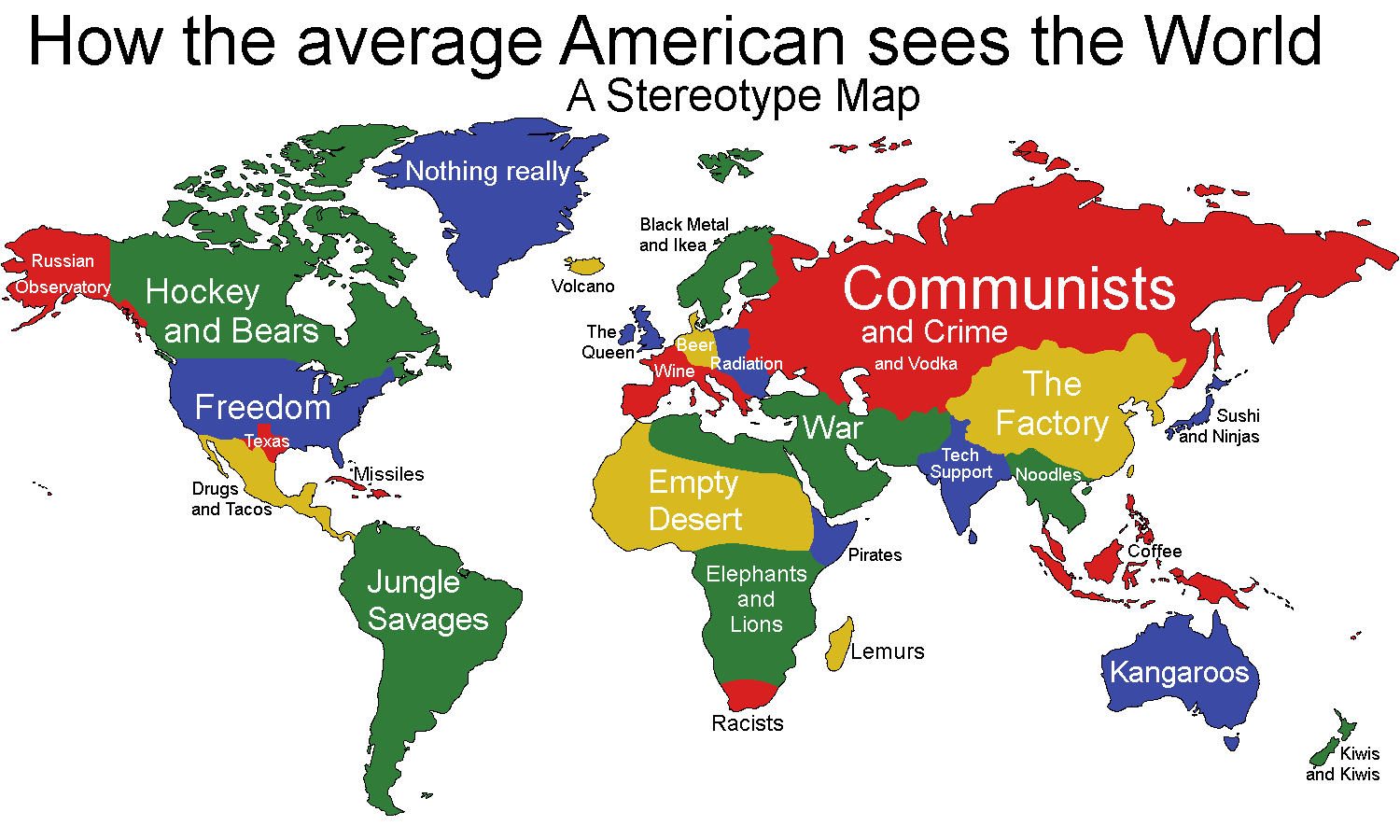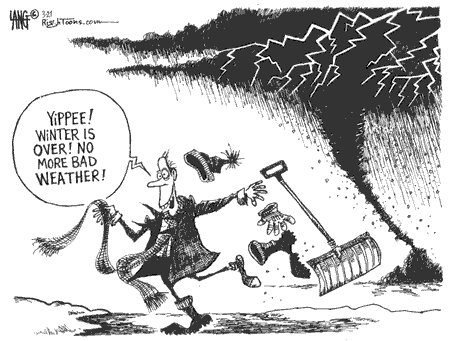Wednesday, October 29, 2014
Hamlet remake video
New and Improved video here. Sorry for the confusion, some scenes left out and just minor minor fixes.
Sunday, October 19, 2014
LITERATURE ANALYSIS #2
1. In the novel 1984 by George Orwell, Winston (the main character) battles with his desire to be accepted into society and his desire to follow the rules. Although he takes many steps against Big Brother, the government, he is eventually betrayed by someone he suspected as an ally. At the beginning of the novel, we are introduced into two vital characters, Julia and O'Brien. Julia becomes Winston's secret and illegal girlfriend. O'Brien befriends both Julia and Winston, but after an ironic turn of events, ends up being the one turning them in to the thought police. In this totalitarian government, it is illegal to do anything against the government including having sex, or even speaking bad of Big Brother. Julia and Winston engage in a relationship and confide in O'Brien in their hatred of Big Brother. However what they didn't know was that O'Brien works for the Government and in the end of the book, he even takes part in the torture of the two in the Ministry of Love. In conclusion, Big Brother ends up breaking Winston and turns him back into the "model citizen" they have been grooming all into.
2. A theme of the book could relate to the idea that defiance can only hold out, or that speaking out for what you believe in land you in situations where you are fighting for your life.
3. Throughout the novel the author's tone changes from anger and hatred of Big Brother to the thrill and excitement of disobeying to the acceptance, disappointment and submission to Big Brother.
4. The author foreshadows at the beginning part of the novel where he mentions Winston's mixed feelings towards O'Brien. It shows how Winston has mixed feeling about if he can trust O'Brien because he doesn't know if he is for the resistance or if he works for the government. Winston's suspicion proves correct due to the fact that O'Brien does work for Big Brother. That example also shows irony in the way that Winston decided to trust O'Brien yet it turns out that O'Brien betrays him and even takes part in his torture at the Ministry of Love.
CHARACTERIZATION
1. Although Winston could be seen as a direct character in his hatred of Big Brother and his support of the resistance, towards the end of the novel his views on everything reverse because he was broken and he becomes an indirect character. Julia however stayed true through the end. Although she had to hide her feelings towards the resistance, she continued to support it which makes her a direct character.
2. Since the novel is focused on Winston, the syntax and diction relates to the situations he finds himself even if the novel isn't narrated in first person.
3. The protagonist, Winston, is a round dynamic character. As I mentioned before, towards the end of the novel when he has to make that crucial decision, he changes his views and changes his personality for his own gain. He goes from being a rebellion dangerous citizen to a puppet and Big Brother becomes his puppet master.
4. I didn't feel as though I really met a new character/person. That could be from the fact that I wasn't understanding the text or that I just didn't like the characters at hand. I enjoyed seeing how Winston was passionate enough to rebel but when he makes that choice to turn on Julia and becomes broken I lose respect for him.
2. A theme of the book could relate to the idea that defiance can only hold out, or that speaking out for what you believe in land you in situations where you are fighting for your life.
3. Throughout the novel the author's tone changes from anger and hatred of Big Brother to the thrill and excitement of disobeying to the acceptance, disappointment and submission to Big Brother.
4. The author foreshadows at the beginning part of the novel where he mentions Winston's mixed feelings towards O'Brien. It shows how Winston has mixed feeling about if he can trust O'Brien because he doesn't know if he is for the resistance or if he works for the government. Winston's suspicion proves correct due to the fact that O'Brien does work for Big Brother. That example also shows irony in the way that Winston decided to trust O'Brien yet it turns out that O'Brien betrays him and even takes part in his torture at the Ministry of Love.
CHARACTERIZATION
1. Although Winston could be seen as a direct character in his hatred of Big Brother and his support of the resistance, towards the end of the novel his views on everything reverse because he was broken and he becomes an indirect character. Julia however stayed true through the end. Although she had to hide her feelings towards the resistance, she continued to support it which makes her a direct character.
2. Since the novel is focused on Winston, the syntax and diction relates to the situations he finds himself even if the novel isn't narrated in first person.
3. The protagonist, Winston, is a round dynamic character. As I mentioned before, towards the end of the novel when he has to make that crucial decision, he changes his views and changes his personality for his own gain. He goes from being a rebellion dangerous citizen to a puppet and Big Brother becomes his puppet master.
4. I didn't feel as though I really met a new character/person. That could be from the fact that I wasn't understanding the text or that I just didn't like the characters at hand. I enjoyed seeing how Winston was passionate enough to rebel but when he makes that choice to turn on Julia and becomes broken I lose respect for him.
Thursday, October 16, 2014
LITERARY FICTION & EMPATHY
In my opinion, I don't agree with what the study is saying. Yes I think that people who read novels such as Pride and Prejudice by Jane Austen have a tendency to be more literate than people who only read novels such as Twilight by Stephenie Meyer. However trying to say that reading more literary fiction novels allow you to read someones emotion is a different story. By saying someone can read emotions is like saying someone can read someone's mind. Technology is taking steps to do that but humans are not as advanced. Yes when someone frowns it is an indication that they are either sad or angry but to try and deduce that I can read that because I am more literate is misleading. I'm not arguing with the results, yes people were able to read an emotion but that doesn't mean that others cannot reach the same conclusion. Nobody can fully read an emotion or read someone's brain through it. The brain is a complex network that even at time the bearer doesn't even understand the full capacity at which its working subconsciously. While I'm sitting here focusing on typing this, my brain is telling my body to breath, to circulate, to create new cells, and kill the the virus that has been plaguing me for a week. However interesting that this experiment was I don't agree with the conclusion that reading literary fiction helps make an individual more susceptible to reading emotions.
TO BE OR NOT TO BE by William Shakespeare
To be, or not to be, that is the question—
Whether 'tis Nobler in the mind to suffer
The Slings and Arrows of outrageous Fortune,
Or to take Arms against a Sea of troubles,
And by opposing, end them? To die, to sleep—
No more; and by a sleep, to say we end
The Heart-ache, and the thousand Natural shocks
That Flesh is heir to? 'Tis a consummation
Devoutly to be wished. To die, to sleep,
To sleep, perchance to Dream; Aye, there's the rub,
For in that sleep of death, what dreams may come,
When we have shuffled off this mortal coil,
Must give us pause. There's the respect
That makes Calamity of so long life:
For who would bear the Whips and Scorns of time,
The Oppressor's wrong, the proud man's Contumely,
The pangs of despised Love, the Law’s delay,
The insolence of Office, and the Spurns
That patient merit of the unworthy takes,
When he himself might his Quietus make
With a bare Bodkin? Who would these Fardels bear,
To grunt and sweat under a weary life,
But that the dread of something after death,
The undiscovered Country, from whose bourn
No Traveler returns, Puzzles the will,
And makes us rather bear those ills we have,
Than fly to others that we know not of.
Thus Conscience does make Cowards of us all,
And thus the Native hue of Resolution
Is sicklied o'er, with the pale cast of Thought,
And enterprises of great pitch and moment,
With this regard their Currents turn awry,
And lose the name of Action. Soft you now,
The fair Ophelia. Nymph, in all thy Orisons
Be thou all my sins remembered
Whether 'tis Nobler in the mind to suffer
The Slings and Arrows of outrageous Fortune,
Or to take Arms against a Sea of troubles,
And by opposing, end them? To die, to sleep—
No more; and by a sleep, to say we end
The Heart-ache, and the thousand Natural shocks
That Flesh is heir to? 'Tis a consummation
Devoutly to be wished. To die, to sleep,
To sleep, perchance to Dream; Aye, there's the rub,
For in that sleep of death, what dreams may come,
When we have shuffled off this mortal coil,
Must give us pause. There's the respect
That makes Calamity of so long life:
For who would bear the Whips and Scorns of time,
The Oppressor's wrong, the proud man's Contumely,
The pangs of despised Love, the Law’s delay,
The insolence of Office, and the Spurns
That patient merit of the unworthy takes,
When he himself might his Quietus make
With a bare Bodkin? Who would these Fardels bear,
To grunt and sweat under a weary life,
But that the dread of something after death,
The undiscovered Country, from whose bourn
No Traveler returns, Puzzles the will,
And makes us rather bear those ills we have,
Than fly to others that we know not of.
Thus Conscience does make Cowards of us all,
And thus the Native hue of Resolution
Is sicklied o'er, with the pale cast of Thought,
And enterprises of great pitch and moment,
With this regard their Currents turn awry,
And lose the name of Action. Soft you now,
The fair Ophelia. Nymph, in all thy Orisons
Be thou all my sins remembered
Monday, October 13, 2014
Vocabulary #6
abase - verb cause to feel shame; hurt the
pride of
“When the boy stood up
to the bully, he abased him.”
abdicate - verb give up, such as power, as of monarchs and emperors, or duties and obligations
“When the politician
became gravely sick, he abdicated his position to his understudy.”
abomination - noun an action that is vicious
or vile; an action that arouses disgust or abhorrence; a person who is
loathsome or disgusting; hate coupled with disgust
“Her disgusting dancing
is an abomination.”
brusque - adj. marked by rude or peremptory shortness
“Her remark was
brusque.”
saboteur - noun someone who commits sabotage or deliberately causes wrecks; a member of a clandestine subversive organization who tries to help a potential invader
“Protagonists of a
story normally are the saboteur of the antagonist plans.”
debauchery - noun a wild gathering involving excessive drinking and promiscuity
“The party was a debauchery.”
proliferate - verb cause to grow or increase rapidly; grow rapidly
“Eating healthy can
proliferate your body.”
anachronism - noun an artifact that belongs to another time; a person who seems to be displaced in time; who belongs to another age; something located at a time when it could not have existed or occurred
“Captain American is an
example of an anachronistic person."
nomenclature - noun a system of words used to name things in a
particular discipline
“We use a nomenclature
to remember the order of taxa in biology.”
expurgate - verb edit by omitting or modifying parts considered indelicate
“When proof reading my
essay I expurgated words that didn’t belong.”
bellicose - adj. having or showing a ready disposition to fight
“The young bull had a
bellicose manner.”
gauche - adj. lacking social polish
“The boy had a slightly gauche attitude.”
rapacious - adj. excessively greedy and grasping; devouring or craving food in great quantities; living by preying on other animals especially by catching living prey
“Vampaneze in Darren
Shan’s Cirque Du Freak series have rapacious eating habit.”
paradox - noun (logic) a statement that contradicts itself
“And example of a
paradox is found In George Orwell’s Animal Farm, ‘All animals are equal but some are more equal than
others.’”
conundrum - noun a difficult problem
“The youth ae faced
with conundrums every day, or so it seems.”
anomaly - noun (astronomy) position of a planet as defined by its angular distance from its perihelion (as observed from the sun); a person who is unusual; deviation from the normal or common order or form or rule
“The blood spatter was
and anomaly and puzzled the detectives.”
ephemeral - adj. lasting a very short time; noun anything short-lived, as an insect that lives only for a day in its winged form
“Drugs only provide an
ephemeral high.”
rancorous - adj. showing deep-seated resentment
“Girls act rancorous
towards one another.”
churlish - adj. having a bad disposition; surly; rude and boorish
“The man in the movie
theater was churlish.”
precipitous - adj. characterized by precipices; extremely steep; done with very great haste and without due deliberation
“Her essay had obvious
signs it was done with precipitous haste.”
Sunday, October 12, 2014
Canterbury Tales Transmedia




Throughout Chaucer's novel of Canterbury Tales, he explores individuality and diversity through each one of his characters. He plays on the use of stereotypes and he uses his characters to break through them and gives his audience insight into what it feels to look deeper into someone.


While breaking stereotypes through his characters, Chaucer adds an ironic touch that adds a satirical tone to his piece.
\

Although Chaucer's inspiration for writing Canterbury Tales, it is thought by some that it came from his own pilgrimage. While he worked as a royal clerk and served as a soldier, he was able to travel the world and witness areas of the medieval world that helped spark interest in how he wrote his varied characters.
From Winter to Spring
From Sickness to Health
From Life to Death
From Heaven to Earthly
From Theological to Biological
From Supernatural to Natural
These are all the contradictory ideas that Chaucer displayed in the prologue of Canterbury Tales. Throughout the novel he relates and dives into each one throughout each characters story.
There are several genres that are directly related to Canterbury Tales that Chaucer does a very good job of incorporating. They are:
Romance told through the Knight's Tale,
Saint's Life told through the Second Nun's Tale,
Moral's Tale told through the Pardoner's Tale,
Sermon Told through the Partisans Tale,

Lastly, Chaucer used the structure of Decameron by Giovanni Boccaccio to write his tale.
Subscribe to:
Comments (Atom)